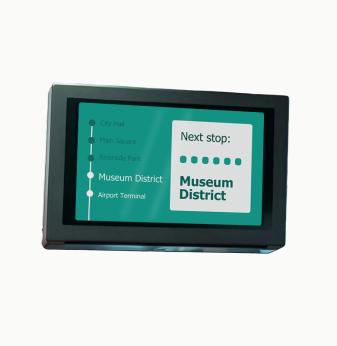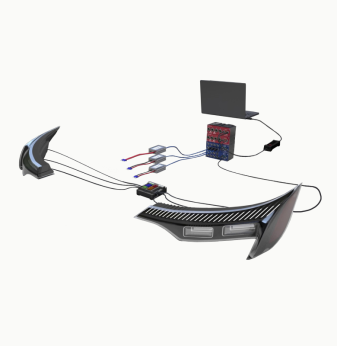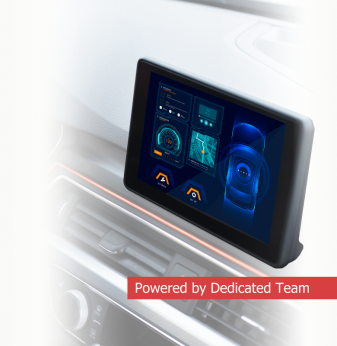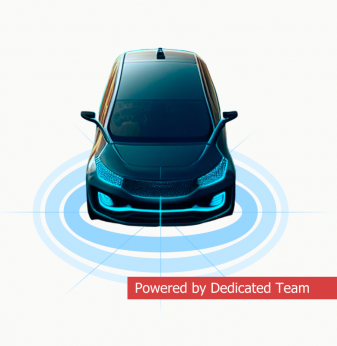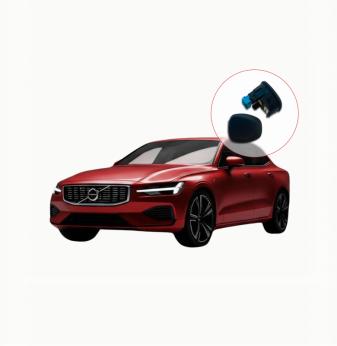Promwad Converts Diesel and Petrol Trucks to Electric Motors in Germany
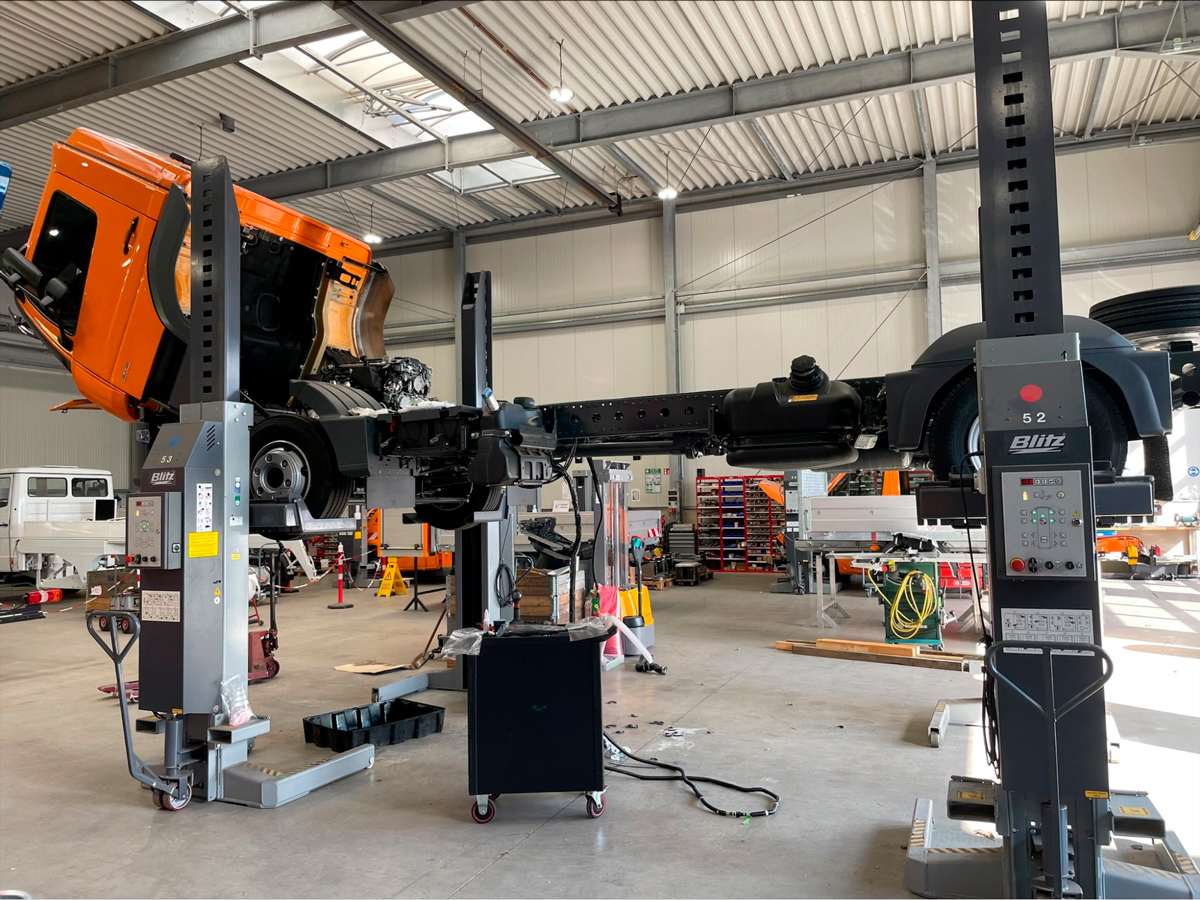
The Promwad team joined a German project to transform diesel and petrol trucks into electric vehicles (EV). Also, our engineers are converting municipal transport to electric power: ambulances, elevator trucks, and garbage trucks.
How we convert a combustion engine to an electric one
In general terms, the process involves removing a combustion engine and transmission from a car and replacing them with a battery and power electronics modules. Promwad engineers are responsible for seamless integration: all systems of the car must work with the new engine.
For the successful integration, it is necessary to analyze the CAN bus of the car with missing or incomplete documentation from automakers, analyze what signals and sensors are working in cooperation with a diesel or petrol engine or other car systems, make schemes of connection and description of signal, develop software for new devices or modify software in ECU controller firmware from TTTech Controls.
Now our German customer uses purchased components for the ECU, BMS, and charging adapter. Its final goal is to launch its own project with Promwad to design EV components.
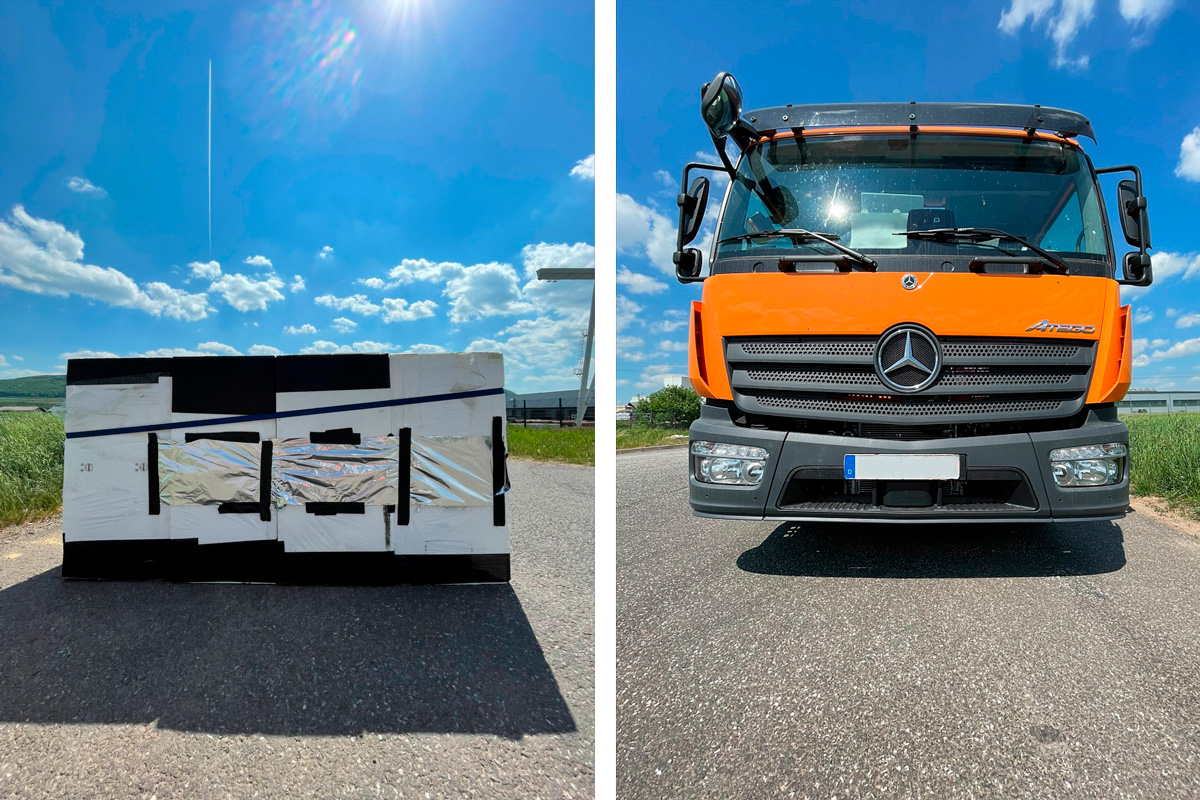
Current status of our EV conversion project
One of the steps our engineers are now implementing is to figure out how the different blocks and assistants in the diesel vehicle interact with each other. It is essential to know where the data is coming from and where it should be sent to when adjusting the electric motor
This is the test drive stage now. For example, recently, we were working on the emergency braking system and had a test drive to evaluate it (you can see our test bench in the photo). We accelerated the electrified truck, drove it into the foam blocks, and recorded when the system detected an obstacle, what signals it generated, what it affected, and how.
The next stage is to analyze the data obtained from all systems and emulate them.
Where did the trend for vehicle electrification come from?
Several factors have influenced the development of electric vehicles production, the main ones being the economy and the climate. Fuel reserves are limited, and charging an electric car with electricity is cheaper than filling it with fuel. And it is exhaust fumes that account for most of the harmful emissions into the atmosphere.
Automotive companies are announcing a complete transition to producing vehicles with electric motors. For example, from 2026, all new Audi models will be electric ones, while the production of cars with internal combustion engines will be terminated in 2023.
Governments of developed countries support and stimulate the transition of their citizens to electric vehicles: in Norway, for example, the EV owners are exempt from paying taxes for such vehicles.
So if you want to convert your cars with a combustion engine into electric vehicles, contact us. We will help you calculate the timing and cost of this transformation, and our engineering team will work with you on-site, taking over not only the software and hardware development but also the assembly and testing of your vehicles.
Our Projects in Automotive

